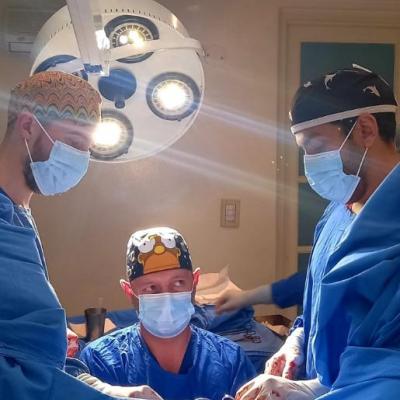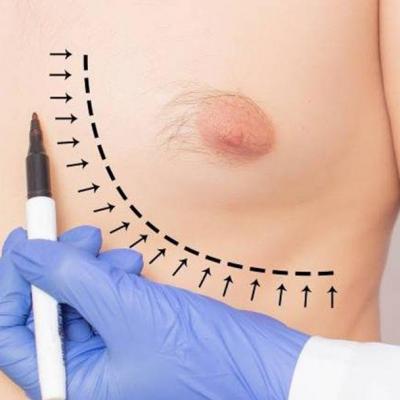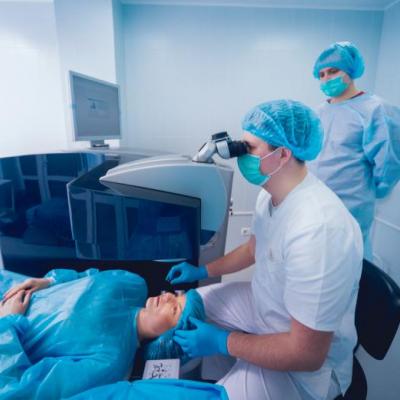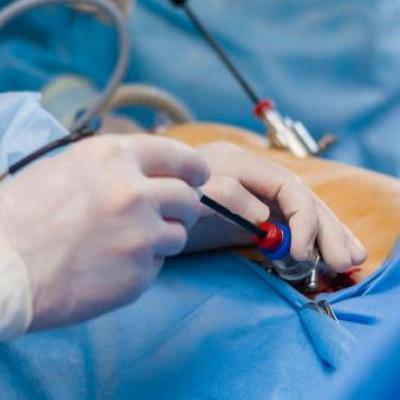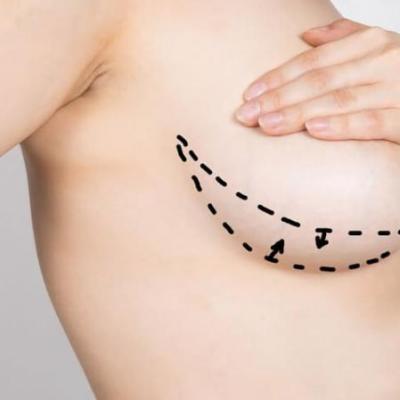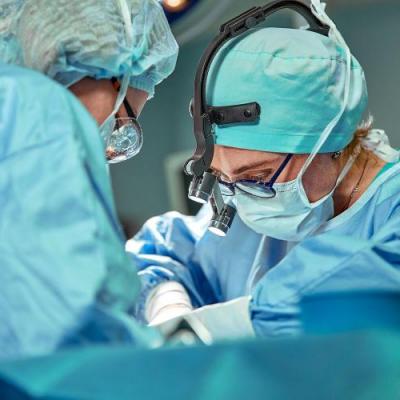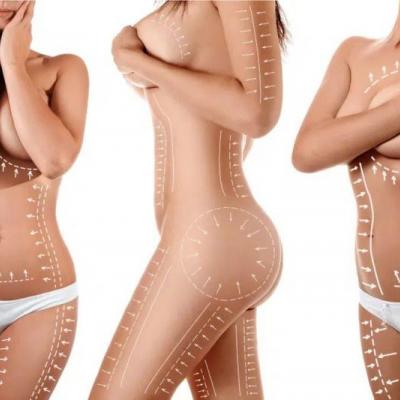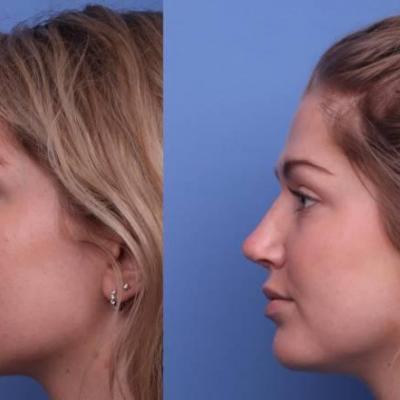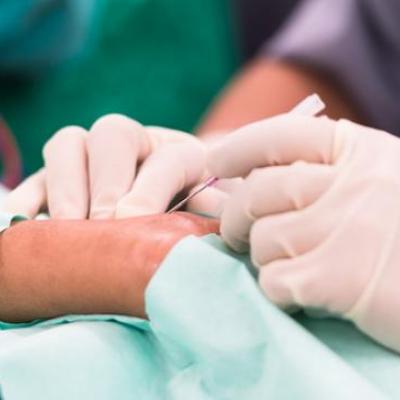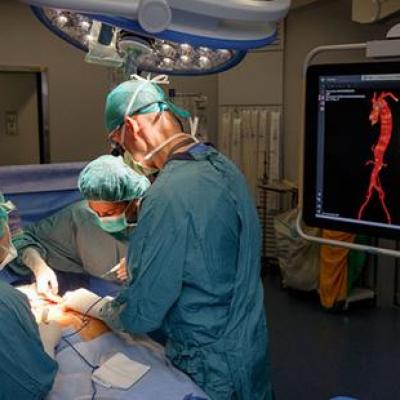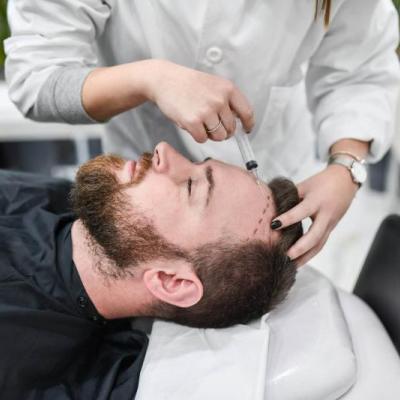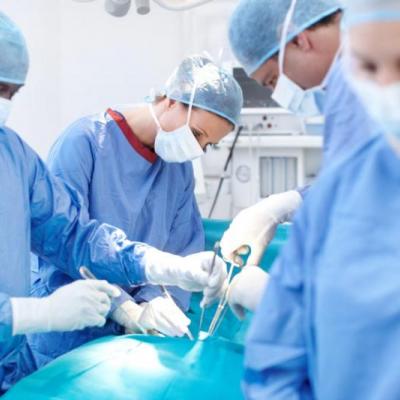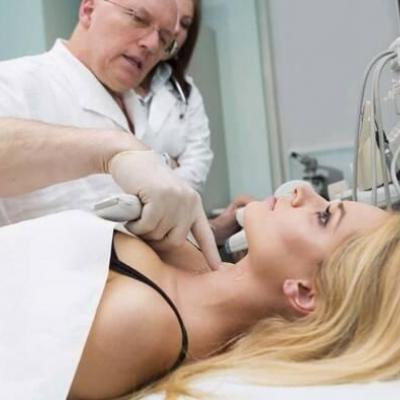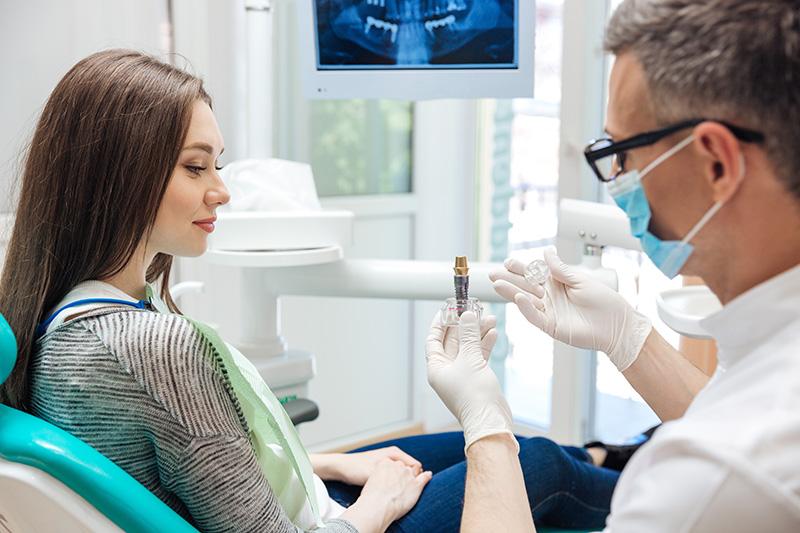
If you live in Illinois Plant, and need to perform a surgery Dental Surgery we have the solution for you at our surgery medical center. We are specialists in performing surgeries of Dental Surgery as well as in the diagnosis, prevention and treatment of diseases related to
Mendoza Medical Center has the highest technology for performing surgeries of Dental Surgery, and in addition, we have a staff of specialized health professionals, who will accompany you from the beginning of the surgery, until the end of it. We have private offices with qualified professionals to perform evaluations before and after surgery.
Dental Surgery Procedures
Endodontic: This is a type of surgery involving the root or pulp of the tooth.
Root Canal: A root canal surgery is an endodontic treatment done by an endodontist or dentist in order to treat a diseased or damaged tooth with the tooth root exposed. It involves removing the inflamed tooth pulp and tooth root from underneath the enamel and dentin in order to relieve pain and save a tooth from extraction (hence creating a root canal).
Pulpotomy: This is the precursor to a root canal procedure. It involves opening the tooth’s pulp chamber for the sake of draining the pulp infection. To be more specific, it removed the diseased portion of the pulp and leaves alone the rest of the pulp so that there’s no need for a full-blown root canal procedure.
Pulpectomy: This procedure involves removing all the pulp in the pulp chamber temporarily for the sake of pain relief. Pulpectomy is typically called for when pulpotomy isn’t an option and all of the tooth’s pulp has become infected, inflamed, and disease-ridden. After removal, the canals are medicated and cleaned.
Apicoectomy: This is used when the full root canal surgery (including the placement of inert material and prosthetic crown) isn’t enough to relieve pain. This root-end resection involves removal of the apex or the end of the root by entering through the gums and surgically extracting this diseased material.
Prosthodontics: This is a dental surgery involving dental prosthetics or prosthetic tooth replacement.
Crown (Caps): The placement of caps or crowns has been touched upon by the previous section. These artificial coverings for teeth are made from various biocompatible materials, such as a tin or gold and aluminium mixture, CMC/PMC (ceramic/porcelain metal composite), and so forth. To accommodate the crown, the underlying tooth must be reshaped thusly.
Veneers: This is also an artificial covering like the crown, but this time they cover only the forward surface of your tooth (in other words, the buccal or labial portions). They don’t replace or reinforce the teeth-biting capabilities of your tooth. In fact, they’re more for aesthetic reasons than anything else.
Bridge: If several teeth have been extracted by a dentist that leaves a wide gap of sorts between one remaining tooth to the next, then you can fix it by putting up a bridge. A bridge is a row or set of fixed prosthetic crowns. It has two or more crowns connected together. They replace a missing tooth or teeth by putting them up in “posts”.
Implant: Instead of reshaping adjacent teeth in order to place a bridge over them and the tooth extraction site, you can opt for implants instead. These are titanium studs or posts that are surgically placed into the tooth socket and bone (maxilla or mandible) where your tooth or teeth used to be.
Dentures (False Teeth): A partial or complete set of false teeth or dentition. You can attach them to neighboring teeth like in the case of dental bridges. However, unlike bridges, you don’t have to reshape any teeth at all. These prosthetic appliances are secured to your teeth with metal or plastic caps.
Implant-Supported Prosthesis: This type of dental surgery combines both implants and dentures together. Instead of using adjacent teeth to serve as the posts or supports of your dental bridge, you instead surgically put in implants on opposite sides of a row of tooth gaps.
Orthodontic Treatment: This involves placing devices on your teeth to alter their placement and to correct your bite.
Implants and Implant-Supported Prosthesis: These Prosthodontic procedures can be considered orthodontic treatments in their own right in light of their orthodontic benefits. This is because the bone is involved and they’re used to keep your mouth shape, jaw shape, and bite shape from changing due to gaps between your remaining teeth after an extraction or several extractions.
Apicoectomy: As established earlier, apicoectomy is the removal of the Apico or root-end of the tooth. Root canal surgery isn’t orthodontic in nature because it mostly focuses on the removal of the tooth pulp and tooth root, thus effectively killing the tooth in the process. However, the apex or end of the root is left alone.
Extraction: The removal of a tooth. This usually is done on teeth that are problematic, diseased, or redundant (which is the case for wisdom teeth that have no space to grow on the modern jaw). They’re typically removed through pulling or cutting. Some even have their wisdom teeth removed before they erupt and grow problematic.
Fiberotomy: This orthodontic procedure involves severing the gum or gingival fibers around your tooth to prevent a dental relapse. Relapse in this context refers to the tooth going back to its original position prior to orthodontic correction. This relapse is the most common post-orthodontic complication.
Periodontics: This is the branch of dental surgery that deals with treatment of gingiva (gum) or periodontal diseases like gingivitis and periodontitis. Periodontal disease typically starts off as gingivitis and gum bleeding before worsening to full-blown periodontitis.
Oral and Maxillofacial Surgery: Oral and maxillofacial surgery (also known as OMFS or OMS) is a branch of dental surgery that deals with the treatment of a host of defects, injuries, and diseases involving the jaws and face (maxillofacial) and the mouth’s (oral) hard and soft tissues.
If you resides in Illinois Plant, United States, contact us and receive immediate personalized attention. We will provide you with the information you need, that you request and we will meet your expectations of attention and service.
Mendoza Medical Center has the surgery services with the lowest prices in all of America. In addition to that, we have a staff of professional expert surgeons who have more than 25 years of experience in terms of specialization and treatment, operation and post-operation, and diagnosis of Dental Surgery.
Our patients, once they perform the surgery they need by order of a professional, preferably in our medical center, are very satisfied with our services, since not only are our surgical experts highly trained and with vast experience, but also that, we have a differential treatment with respect to other entities of medical centers and health centers.
Mendoza Medical Center receives all kinds of queries regarding the performance of Dental Surgery in Illinois Plant.
Start your treatment at Mendoza Medical Center with our health professionals, and not only will you save money compared to other health centers, but you will also be able to perform the surgery you need within our Clinical center specialized in treatment, prevention, surgery and diagnosis, as a result of Dental Surgery.
Your inquiry is no bother. Contact our surgery medical center specialized in the care of our patients, as well as in their speedy recovery, satisfaction and compliance with the results they obtain when performing a Dental Surgery at Mendoza Medical Center.


